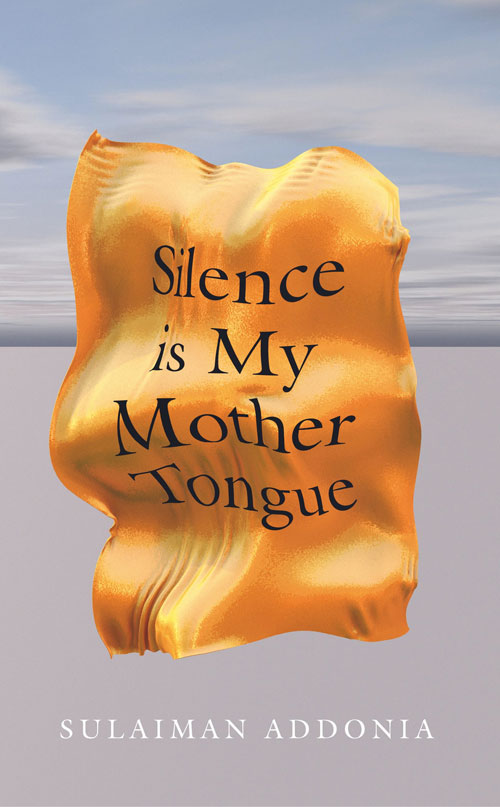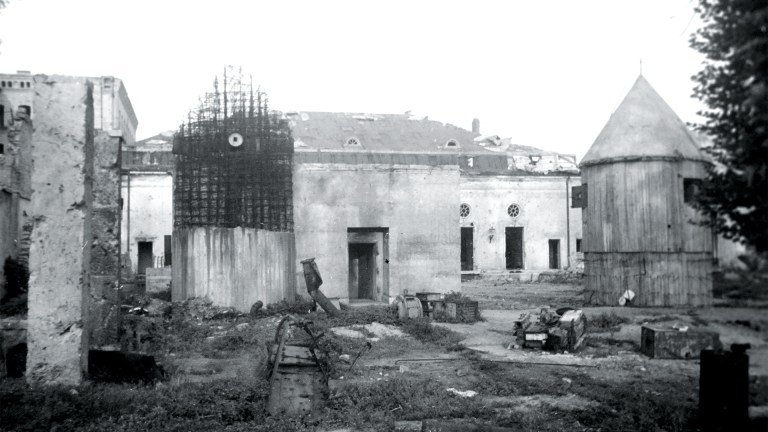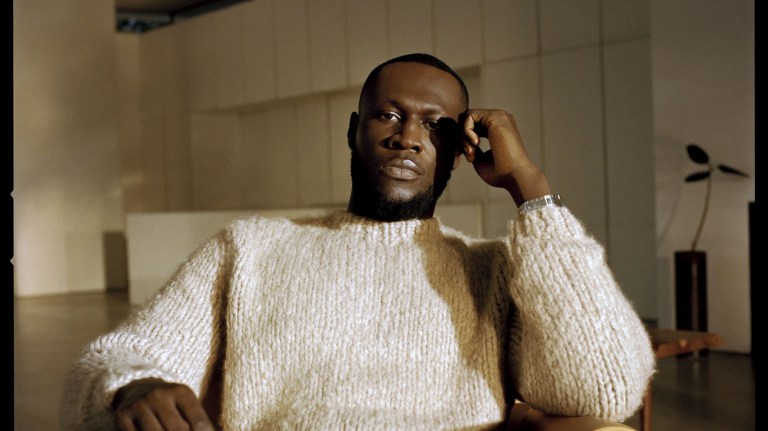Pushed to reveal themselves with urgency, short stories often serve as time-saving showcases for new authors. Capsule storytelling which has to set a tone, lay down its moral/political/emotional agenda, and draw intriguing characters in just a few pages is not suited to every writer. But some readers are overwhelmed by the mountain of alluring options, and don’t have the time or inclination to be slowly seduced by the gradually revealing novel. For them, hoovering up a short story is a satisfying alternative, like speed-dating in a room full of highly articulate salesmen. In the case of Nana Kwame Adjei-Brenyah’s debut collection FridayBlack, the impression is even more intense, closer to being locked in a room with only coke-addled AmericanPsycho Patrick Bateman and his fridge full of severed heads for company. In a good way.

Friday Black is an extraordinary first book. 27 year old New Yorker Adjei-Brenyah, whose parents were immigrants from Ghana, seems to have arrived on the scene almost fully formed as a master of the short story craft. He finds devilishly imaginative ways to address racism in America, managing to make blood-freezing political points without ever surrendering the thrill of a great plot, a hypnotic atmosphere, or a crazily compelling character.
Friday Black lures us into a variety of twisted, violent, deeply sinister worlds.
His weapons? Hyperbole, fantasy, horror and surrealism. I could offer comparisons but the best and most obvious have already been made. His clever, strange, terrifying, funny stories sit comfortably (if something as angry and anxious as Friday Black can ever be comfortable) alongside landmarks of dystopian pop culture such as Charlie Brooker’s BlackMirror, Jordan Peele’s movie GetOut, and Childish Gambino’s ThisisAmerica video.
Friday Black lures us into a variety of twisted, violent, deeply sinister worlds. Zimmer Land centres round a Westworld-like game in which racism is relieved in a fun, safe way by allowing participants to ‘murder’ its black actors. Through the Flash presents a post-apocalyptic infinity in which the newly immortal populace are free to do their worst, day after day after groundhog day; as a metaphor for the eternal violence of history repeating, it’s pretty devastating. The final sentence is also disarmingly beautiful.
Opener ‘The Finkelstein 5’ is perhaps the most affecting of all. It details the response of a young black man, Emmanuel, to the acquittal of a middle-aged white man who chainsawed the heads off five black children who were ‘loitering’ outside a local library. The grounds for his defence are not hyperbolic – we’ve heard them many times in US courts. The man felt threatened, he’s a God-loving American with a family to protect. Emmanuel’s anger gives him energy; ‘like Evel Knievel at the top of a ramp.’ Find out what happens next when you buy the book.










